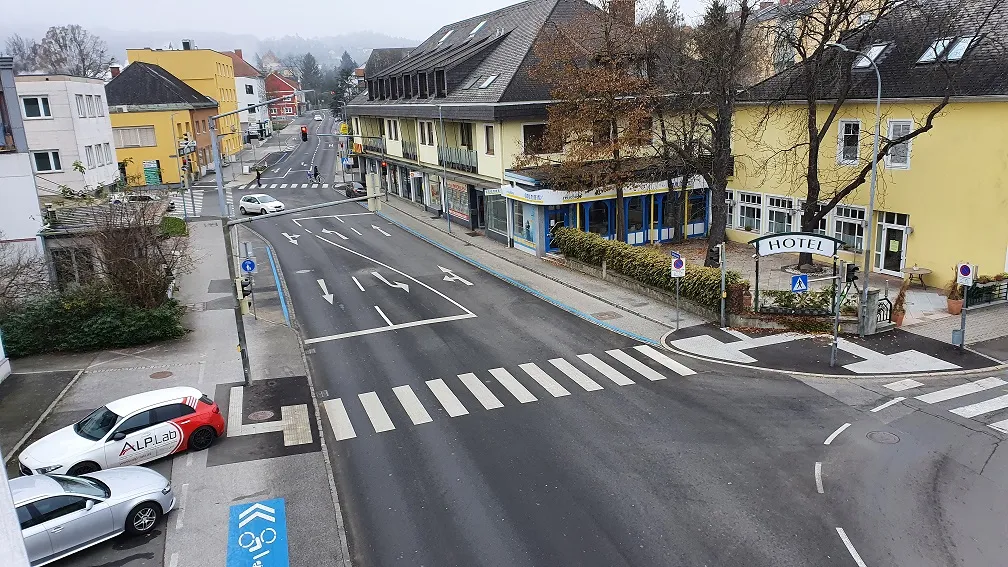Denso has deployed a research and development (R&D) team in Israel with the intention of accelerating automated driving, cybersecurity and artificial intelligence. It will collaborate with local companies and Universities to develop technologies that aim to deliver safe and sustainable solutions that improve people’s lives and benefit the environment. From April, Denso’s R&D team will start working with local startups to pioneer new technologies. It will also tap into the country’s technology to help
April 3, 2018
Read time: 1 min
Denso has deployed a research and development (R&D) team in Israel with the intention of accelerating automated driving, cybersecurity and artificial intelligence. It will collaborate with local companies and Universities to develop technologies that aim to deliver safe and sustainable solutions that improve people’s lives and benefit the environment.
From April, Denso’s R&D team will start working with local startups to pioneer new technologies. It will also tap into the country’s technology to help advance more competitive technologies internally.










